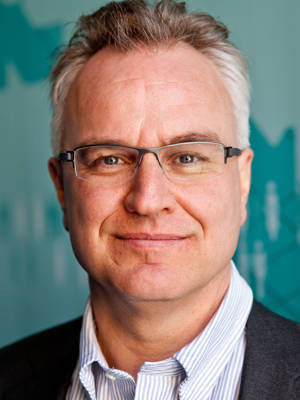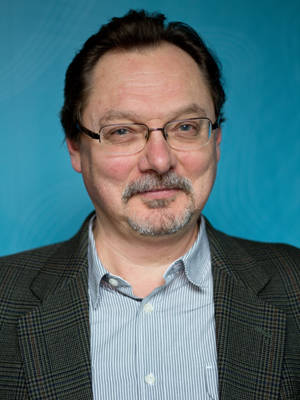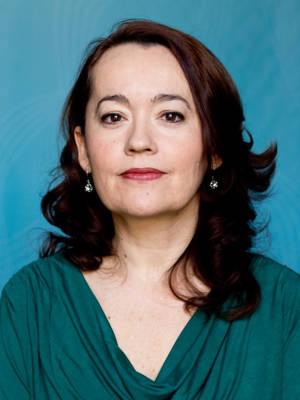Peace as a continuation of war by other means? Russian Approaches to Peace Processes (RAPP)
Russia is frequently engaged in peace processes, and in conflicts where it is a belligerent party (e.g., Ukraine), in conflicts where it is involved as a mediator (e.g., Afghanistan), and as a permanent member of the UN Security Council. Russiaʼs approach to peace processes challenges the international peacemaking regime and sometimes entails competition with other peacemakers, including the UN. The Russian approach to peace processes is poorly understood, yet critically important, in Ukraine and beyond.
In order to comprehend how Russiaʼs approach to peace processes differ over time, and across contexts, the RAPP project will examine the country's key engagements from the end of the Cold War to the present, and conduct three in-depth case studies:
- the Minsk process on Donbas (2014–22);
- the Moscow process on Afghanistan (2016–); and
- the Astana process on Syria (2017–).
The analytical framework, applied across all the cases, covers six key dimensions: political culture, interests, norms, practices, institutions, and external relationships.
Methodologically, the project will draw on interviews with individuals who have been directly engaged in the relevant processes, academic literature, news sources, and data on Russiaʼs UN Security Council voting patterns.
The project's ultimate ambition is to provide a systematic analysis of Russiaʼs approach to peacemaking, as a knowledge base that will help inform other actors – the UN, national governments, and civil society – on how to understand, and how to interact with, Russia in peace processes.
This 3-year project is funded by the Reasearch Council of Norway.
Practioners’ Reflections
The RAPP project invites professionals who have direct experience from peace processes in which Russia play a part to share their reflections.
- Arne Bård Dalhaug: Russia Does Not Want Peace – At Least, Not Now










